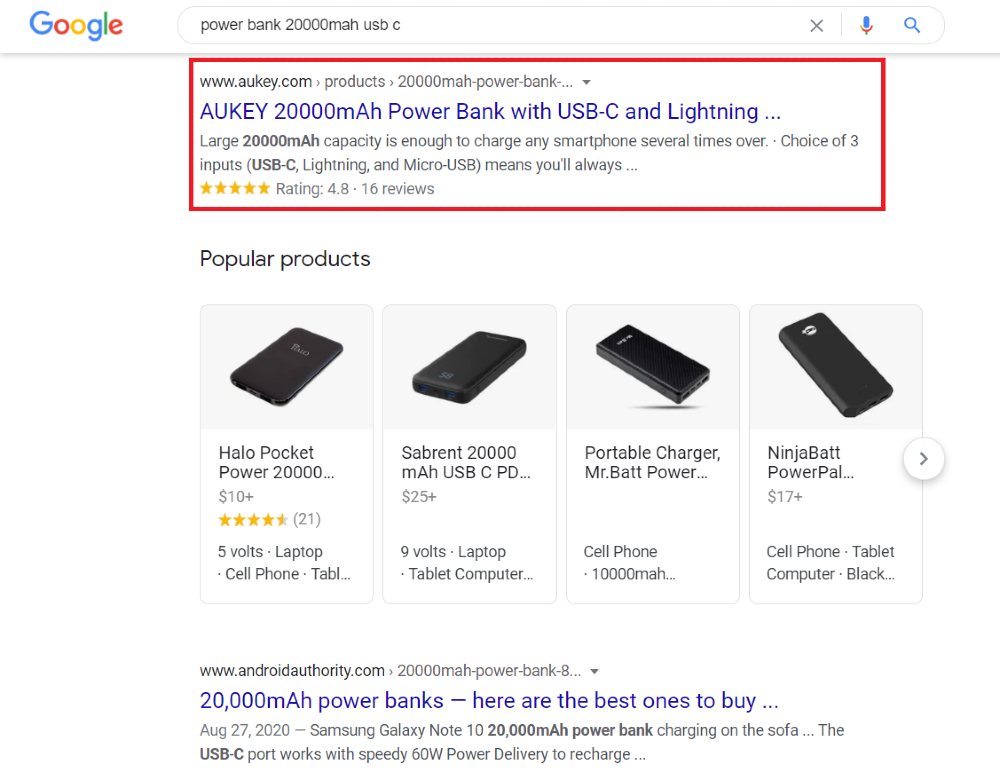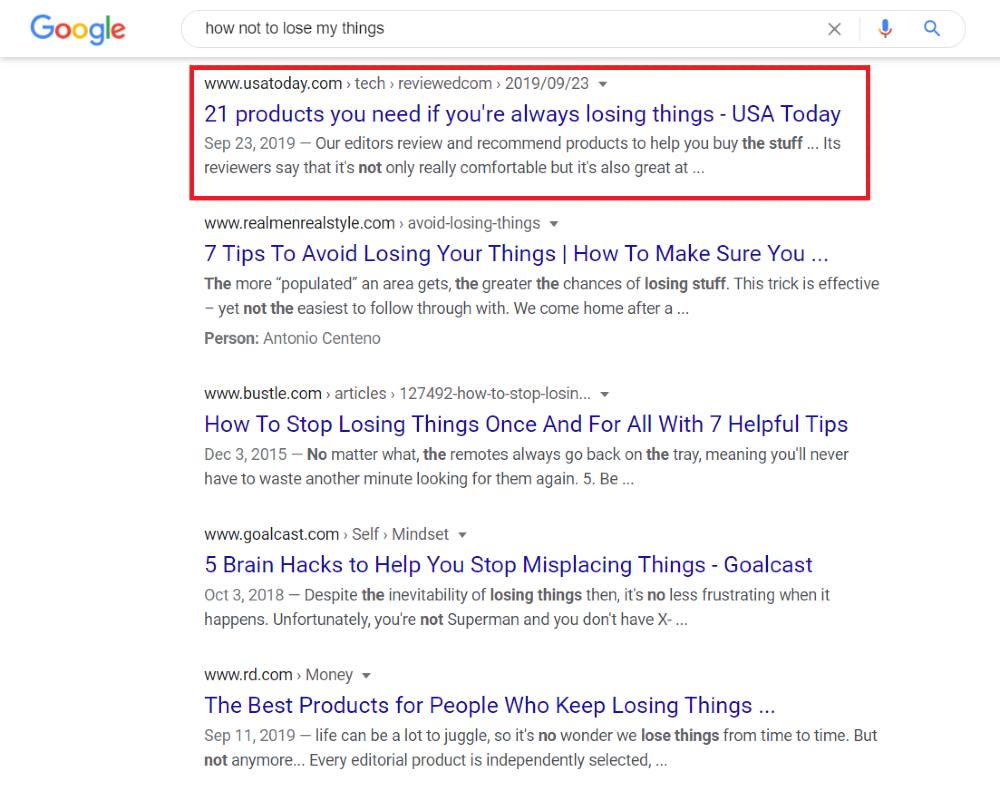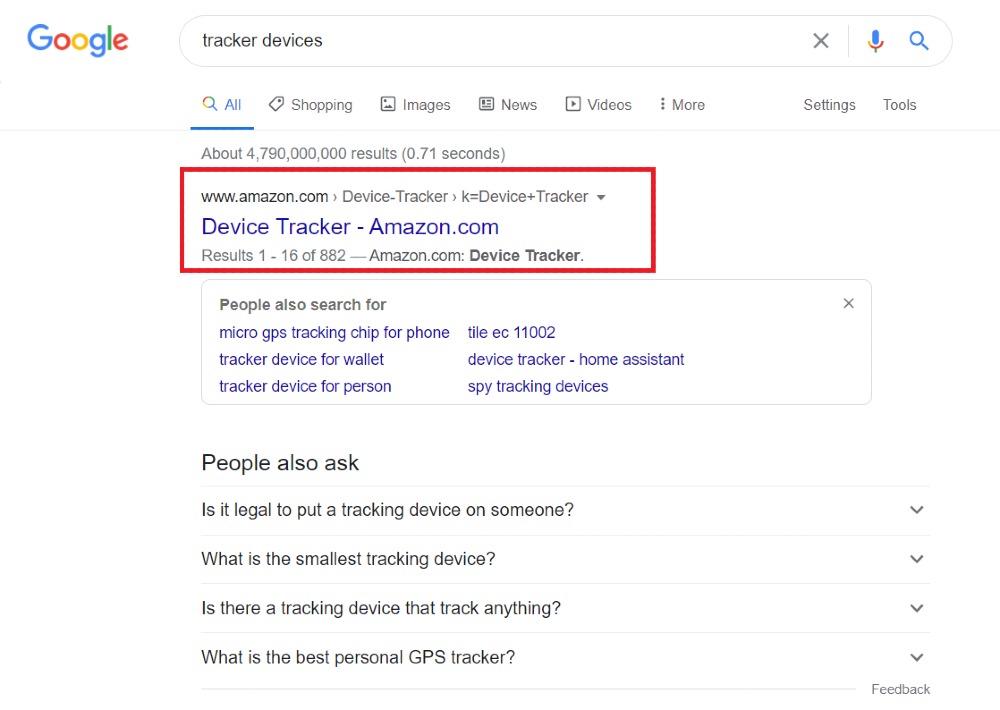15 Mar

For most businesses and bloggers, keyword research is an ongoing process. It doesn’t stop when content is published. Marketers know they need to find related keywords to drive traffic to their site. They don’t settle for the primary keywords that made them rank high on search engines.
That should be the same for your niche. You don’t stick to one keyword or ten keywords. You need to expand your list to broaden your reach and visibility. Read more about how you can do that as you scroll down this article. But, in the meantime, get a refresher of the main concepts when searching for keywords for your niche.
Things to Remember When Searching for Industry Keywords
Before I get to the tips on finding relevant keywords for your blog or niche, here are some concepts to remember. They’re essential in your keyword research journey, and learn how to apply these concepts later on.
Long-Tail Keywords
Let’s say you’re selling power banks or portable chargers. Now, we search power banks first. It will yield these results:

But what about if we add something like 20,000 mAh USB C?

See the difference?
By adding something specific like 20,000 mAh or hours, users will get more relevant results. And not results from online marketplaces or stores. You don’t have to write the exact query your potential visitor or customer will search for. So long as the relevant keywords are there, you may get a boost in rankings.
For you to get the clicks, you need to look at long-tail keywords. You see, these keywords are so specific that you might get more visibility when using these.
So, if you want to rise to the top of the searches, determine what your long-tail keywords are. From there, you can evaluate if these work for you and how you can integrate them into product descriptions or blog posts.
Competitor Research
Your niche will likely have competitors. You may offer the same products or services. Maybe you cover the same topics. And one part of finding keywords for your niche is to know your competition better.
eCommerce stores can refer to one place to find related keywords for their niche: Amazon. It’s the best resource to find keywords. Not only that, but many people search on Amazon, and the product descriptions written there are optimized.
How about for services and bloggers? Most would use keyword tools or spy on their competition, both of which I shall discuss further.
So, if you want to get a better understanding of your niche or market, know what your competitors are doing.
Search Intent
It’s an obvious answer but look at it this way. Do you want to reach your target audience? Get into their mindset. What’s the rationale behind their searches?
Two words: Search intent. This will guide you in knowing your audience better.
Think about it in this manner: AIDA.
AIDA stands for Awareness, Interest, Desire, and Action.
With this in mind, you might have to find keywords as they go down the funnel. They might start with something general or with a question.

Let’s say your potential customer loses things often. So, they search for “track my things” or “how not to lose my things.”

Then, as they do some more research, they might develop an interest in what you’re offering, so their queries narrow down into something more specific like “tracker devices.”

But if they want to find a specific tracker device, they might search “best tracker devices.” Or they could narrow it down to “best key finders.”
Eventually, they might decide to “buy tracker devices.”
That’s how you can illustrate the buyer’s journey by using keywords and know the user’s search intent.
Another thing to note is with search intent, think of creating a story. This way, you get an idea of the buyer’s journey and know about your customers or visitors better.
Now with these concepts in mind, here’s how you can apply them in finding relevant keywords for your blogs.
How To Find Related Keywords For Your Blogs?
1) Start with the Basics

There’s no other way of saying this, but sometimes you have to start from scratch. Well, maybe that’s too extreme. You can restart by listing down your keywords.
List them down in a spreadsheet and use the best keyword tools to give you suggestions. That’s how you can find related keywords for your blogs again.
Once you have identified the keywords you want to rank for, use keyword tools. They will suggest relevant keywords, and you can assess if those keywords work best for you.
Here are the best keyword research tools to use:
The best thing about this keyword tool, it’s FREE. Type in a query and Soovle will generate long-tail keywords for you. It won’t generate hundreds or thousands of suggestions. But you can get an idea of which long-tail keywords you can rank for.
Any SEO expert or marketer knows that the Google Keyword Planner is one of the best keyword tools out there. Not only does it generate relevant synonyms for you, but like Soovle, it’s also FREE.
If you’re looking for a freemium option where you want to analyze keywords and competitors, consider Ubersuggest. Each day you have three free searches, but you can subscribe monthly or lifetime to unlock its full potential.
You can trust Ahrefs as they’re one of the leaders in SEO. They have extensive and comprehensive SEO tools to learn more about your site, keywords, and competitors. You will have to subscribe to use Ahrefs tools.
Ahrefs’s main competitor Moz focuses more on helping you increase domain authority. However, they also have Keyword Explorer and rank tracking. This will help analyze your keywords and know your ranking for particular keywords.
2) Browse Forums and Related Communities
If you need to dig deep and find related keywords, going on forums and communities are your best bet. For starters, you can find people asking questions regarding a product you’re selling or a service you’re offering. Perhaps, you might have knowledge about a particular topic.
Their questions can inspire you to write a blog post regarding a pain point they might experience. Or perhaps, they’re having challenges regarding a particular situation.
You don’t have to sign up on many forums or communities because Reddit and Quora are the best places to find inspiration. However, here are some forums to check out for niche marketers and bloggers:
- TripAdvisor (Travel)
- Lonely Planet (Travel)
- CookingBites (Food)
- StackExchange (General)
- Stack Overflow (Information Technology – Coding & Development)
- MarketingProfs (Marketing)
3) Monitor Your Competitor

You may think that’s cheating but think of it as monitoring. Remember that you’re doing competition research. It’s a massive part of your overall keyword research journey.
Content writers know that content is no longer original. We get ideas from other bloggers and try adding more value so people could come to us for more information. But, if you want to find related keywords for your blog, you have to look at what your competitor is writing about.
Based on what you read, come up with different themes and create a content calendar. There, you can branch out to various topics that your competitor hasn’t tackled. Or you can take it one step further.
Perhaps, you can even go on social media sites, subscribe to their email newsletters, or get alerts about them. Some bloggers or marketers would practice this to see how they can learn from their competition. Maybe, they can see which content would perform well too.
But if you may not have the time to look at these, you can go for tools such as SpyFu and SEMRush to help you.
Wrap Up
Marketing for a niche isn’t easy. It can be challenging if the competition is fierce. Or if it’s too specific that only a few might be looking for it. Keyword research is key to all of this, and it might take a while to get results.
Eventually, it will have its pay-offs once you grasp the idea of finding the best keywords for your blog or niche. Who knows, you might get the hang of this and outsmart your competition and get the top rankings for your niche.










